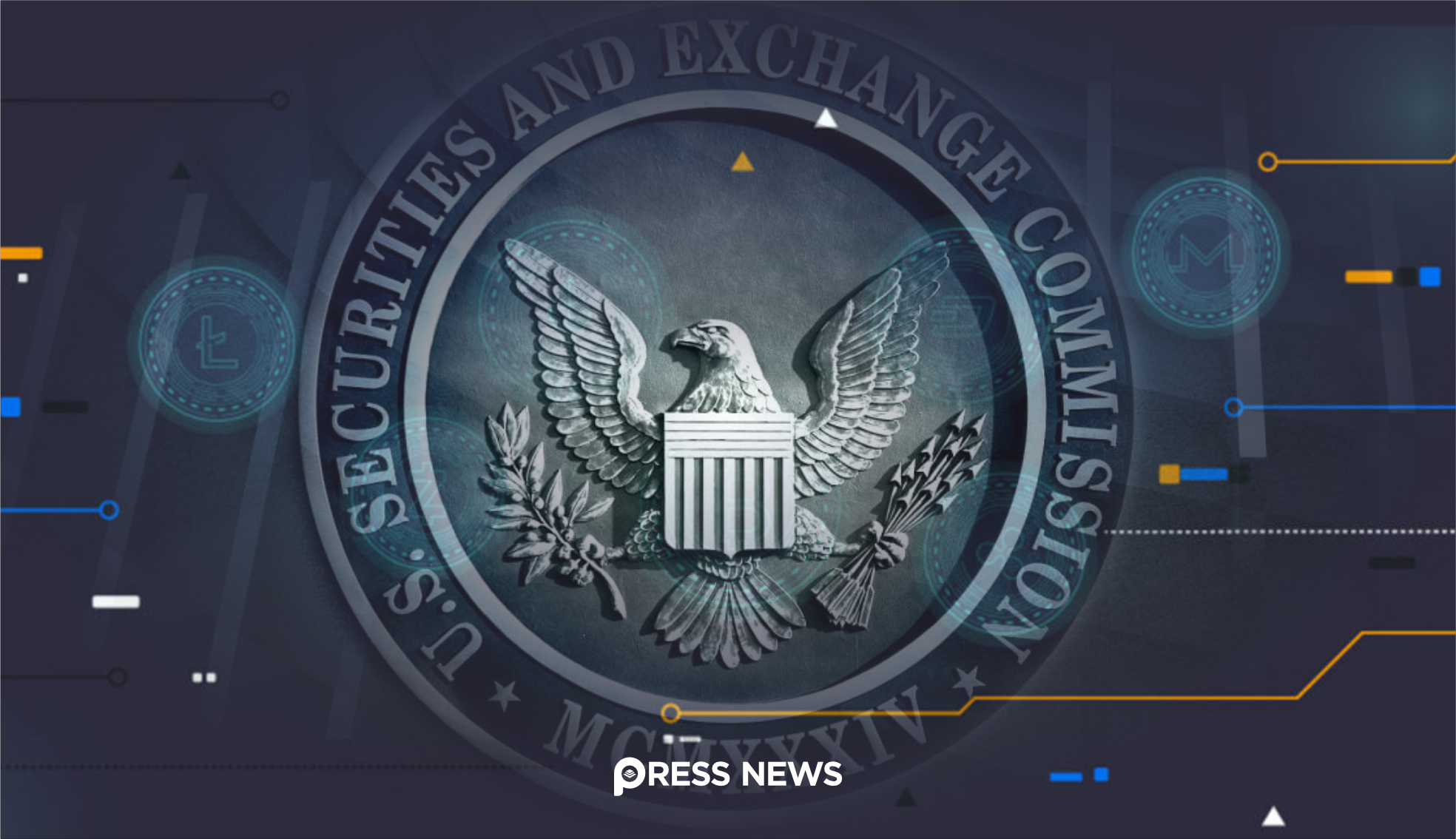Hedera Foundation Partners with The Binary Holdings to Onboard 169 Million+ Users
New York, June 5, 2025 — In a clear sign that major banks are embracing digital assets, JPMorgan Chase & Co. has announced it will allow trading and wealth-management clients to use cryptocurrency-linked funds—beginning with BlackRock’s iShares Bitcoin Trust (IBIT)—as collateral when securing loans. According to people familiar with the matter, this policy will roll out globally, spanning individual retail accounts, high-net-worth portfolios, and institutional investors alike.
Previously, JPMorgan had permitted certain crypto assets as collateral on a case-by-case basis. Now, with IBIT as its first approved option, the bank is formalizing a broader framework that places Bitcoin-linked exchange-traded funds (ETFs) on equal footing with traditional assets such as stocks, vehicles, or fine art.
“We want clients to be able to leverage their digital-asset holdings just as they would any other liquid portfolio component,” said a JPMorgan executive.
From Trial to Broad Adoption
JPMorgan was among the earliest large U.S. banks to experiment with blockchain technology, partnering with companies like Coinbase for various pilot programs. Yet until now, most crypto collateral arrangements were handled individually and often reserved for very large, institutional-level borrowers. This new policy marks a decisive shift: instead of patchwork approvals, any qualified client holding IBIT shares can now pledge those shares to secure margin or wealth-management loans under standard underwriting guidelines.
“As digital assets have matured, our clients have increasingly sought the ability to incorporate crypto into their broader financial planning,” said a JPMorgan spokesperson. “By adding Bitcoin ETFs to our list of acceptable collateral, we are meeting that demand and acknowledging the evolving role that cryptocurrencies play in diversified portfolios.”
The bank will expand beyond IBIT over time, adding other spot Bitcoin ETFs to its approved list as those products gain sufficient trading volume and regulatory clarity.
“We’re taking a measured approach,” noted the spokesperson. “BlackRock’s iShares Bitcoin Trust has proven its liquidity and compliance framework, so it makes sense as our initial offering. We will evaluate additional ETFs on a rolling basis.”
Crypto on Par with Traditional Assets
In practice, the change means that when wealth-management clients apply for a loan—whether for real estate, a margin call, or a business investment—they can now list their Bitcoin-ETF holdings as part of the asset pool that determines loan size and terms. JPMorgan analysts will factor the market value of IBIT shares into each client’s net worth and liquid-asset assessments. In other words, a client with $1 million in equities, $500,000 in real estate, and $250,000 worth of IBIT shares will see the ETF stake counted alongside other portfolio components when loan officers set collateral ratios.
By integrating crypto-linked funds in this way, JPMorgan is removing a wrinkle that has long discouraged some clients from building meaningful Bitcoin exposure.
“Until now, if you held Bitcoin directly, you’d need to pledge the actual coins—and that process can be operationally cumbersome,” said Laura Chen, head of digital-assets research at ArkBridge Partners. “With an ETF, clients get the same price exposure but avoid complications around self-custody, security, and regulatory reporting. JPMorgan’s move essentially legitimizes crypto as an investable, lendable asset.”
Institutional Trend Accelerates
JPMorgan’s announcement follows a broader industry trend. Other major financial institutions, including Morgan Stanley, have already moved to integrate crypto services more deeply. Last month, Bloomberg reported that Morgan Stanley plans to bring crypto trading to its E*Trade platform, while Goldman Sachs has expanded its prime brokerage services to include digital assets.
Regulatory shifts in Washington have also played a role. Since the new administration took office, regulators have offered clearer guidance on spot Bitcoin ETFs, which debuted in January 2024 and now manage a combined $128 billion in assets. That success has encouraged banks to reconsider their previous hesitations.
“We are in a new chapter for digital assets,” observed former SEC official Marlene Turner. “As regulatory clarity improves, institutions will increasingly view crypto-linked ETFs as mainstream financial instruments rather than exotic one-offs.”
Bitcoin’s Meteoric Rise
Bitcoin’s price trajectory has further validated institutional interest. After reaching a record $111,980 in May 2025, the flagship cryptocurrency has drawn renewed attention from high-net-worth investors. According to CoinMetrics data, trading volumes on major exchanges jumped 35% in the two weeks following that peak, as investors sought exposure while prices remained elevated.
“When prices hit new highs, it creates a feedback loop: more coverage, more demand, more institutional product development,” said crypto strategist David Perez at Horizon Analytics. “JPMorgan’s latest move is a direct response to that dynamic.”
CEO Dimon’s Balancing Act
Remarkably, this strategic pivot comes despite JPMorgan CEO Jamie Dimon’s public skepticism toward Bitcoin. At the firm’s investor day in May, Dimon reiterated his personal reservations.
“I’m not a fan of Bitcoin,” Dimon said. “I don’t think we should smoke, but I defend your right to smoke. I defend your right to buy Bitcoin, go at it.”
That comment highlights Dimon’s nuanced stance: while he may question cryptocurrency’s long-term merits, he recognizes clients’ increasing appetite for exposure and is willing to provide infrastructure accordingly.
What’s Next for Clients and Competitors
For JPMorgan’s trading and wealth-management clients, the immediate outcome is straightforward: those who hold IBIT shares can now tap that stake for collateralized loans, often at more favorable rates than unsecured borrowing. Gaining wider acceptance of Bitcoin ETFs may also drive further innovation in structured products, where clients can combine traditional derivatives with digital-asset linkages.
Competitors will be watching closely. If JPMorgan’s move succeeds in attracting new assets under management—and fewer clients choose to sell Bitcoin positions to free up cash—other global banks are likely to follow suit.
“Once a market leader legitimizes crypto in its balance sheet, the rest have to react,” noted financial services consultant Ingrid Schultz. “This is JPMorgan’s way of saying, ‘We’re not ignoring digital assets anymore.’”
Whether this expansion drives significant growth in lending volumes or simply cements JPMorgan’s status as a forward-looking financial services leader, one thing is clear: crypto is no longer a fringe consideration—it has become an integral part of institutional dialogue.
Disclaimer: This article is for informational purposes only and does not constitute financial or investment advice. Cryptocurrency investments carry significant risk, and past performance is not indicative of future results. Always conduct your own research before making any investment decisions.


 Press Labs Inc.
Press Labs Inc. 








